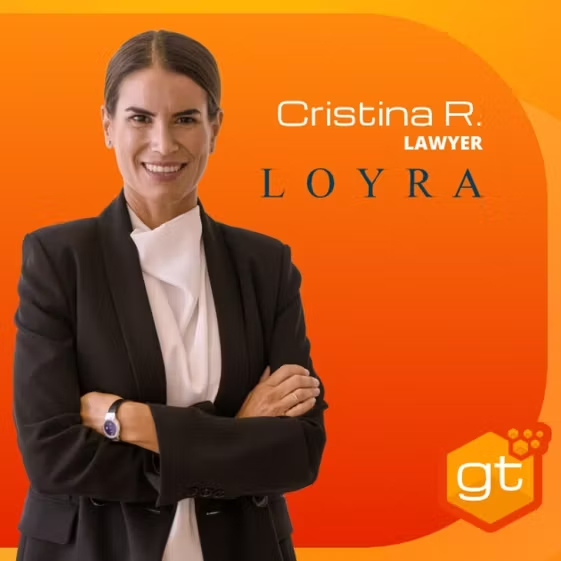
In this conversation, Gamingtec talks with Cristina Romero about the Mexican iGaming market and its regulatory environment. Cristina is a lawyer and financial expert with over 15 years of experience in the Latin American market. She leads the international department at LOYRA Abogados, a leading firm recognised by Chambers and Partners Global Gaming. Additionally, she serves as an adjunct faculty member at IE Business School in Madrid, and as an independent member of several boards. Cristina has advised investors, operators, and suppliers on various projects in the region.
Cristina: I would say it is full of opportunities, as we have been saying for many years. It is a regulated market, despite the regulations being somewhat outdated. There are many opportunities, always with the right local partner, to explore the market both online and physical across all industry verticals, betting and casino. It is a large market and very close to the United States.
Cristina: It is a somewhat "outdated" framework with a general law from 1947 and a regulation from 2004, plus some criteria and guidelines from the regulator. Given the change in government that occurred last year, it is not out of the question that the regulations will be reviewed and new regulatory possibilities will be proposed.
Cristina: It is a market that continues to grow in both the physical gaming and online segments, although it is very much dominated by Caliente Casino. We are still seeing large international players like Betano (Kaizen Group) entering the market. I believe there are great growth opportunities in the affiliate space and that we will see the entry of a major US player in the future.
Cristina: There is currently no possibility to enter with your own licence (beyond being able to acquire one), so you will always need to consider an alliance with a local licensee. I consider this, in essence, an advantage. There are different ways to structure these alliances, which present an excellent opportunity. Another relevant issue is that, to date, there are no technical standards or requirements to certify systems by independent entities. It is important to conduct thorough due diligence on available licences and dedicate time to consider the best structure.
Cristina: I believe that in a market where players highly value personalised attention and promotions, it is a challenge to move from "physical contact" to the online world and try to retain players in that environment and create communities. Similarly, there are groups of players who may face technological barriers and be reluctant to adapt to the dynamics of online gaming, and there is always the challenge of cybersecurity. However, the main challenge I see revolves around player retention and user experience.
Cristina: Undoubtedly, reaching good agreements with local partners, and understanding the operational and local marketing peculiarities.
Cristina: Conduct thorough research, compare available licences and structures, and reach good agreements. We are delighted to support them, as we have extensive experience.
Cristina: As mentioned, with a change in government, a review of the regulations is expected. Hopefully, it will be a transparent process adhering to the best international practices.
The Gamingtec website utilizes cookies to store and access visitor information with the purpose of enhancing security and improving the browsing experience. If you do not wish for the collection of such information, you can toggle these off:
Necessary
Necessary cookies are essential for the website to function properly. This category only includes cookies that ensure basic functionalities and security features of the website. These cookies do not store any personal information.
Marketing
Marketing cookies track your online activity to help advertisers deliver more relevant advertising or to limit how many times you see an ad. Said information can be shared with other organizations or advertisers. These are permanent cookies and almost always of third-party provenance.
Analytics & Statistics
Analytical and statistical cookies are used to understand how visitors interact with the website. These cookies help provide information on metrics such as the number of visitors, traffic sources, etc.